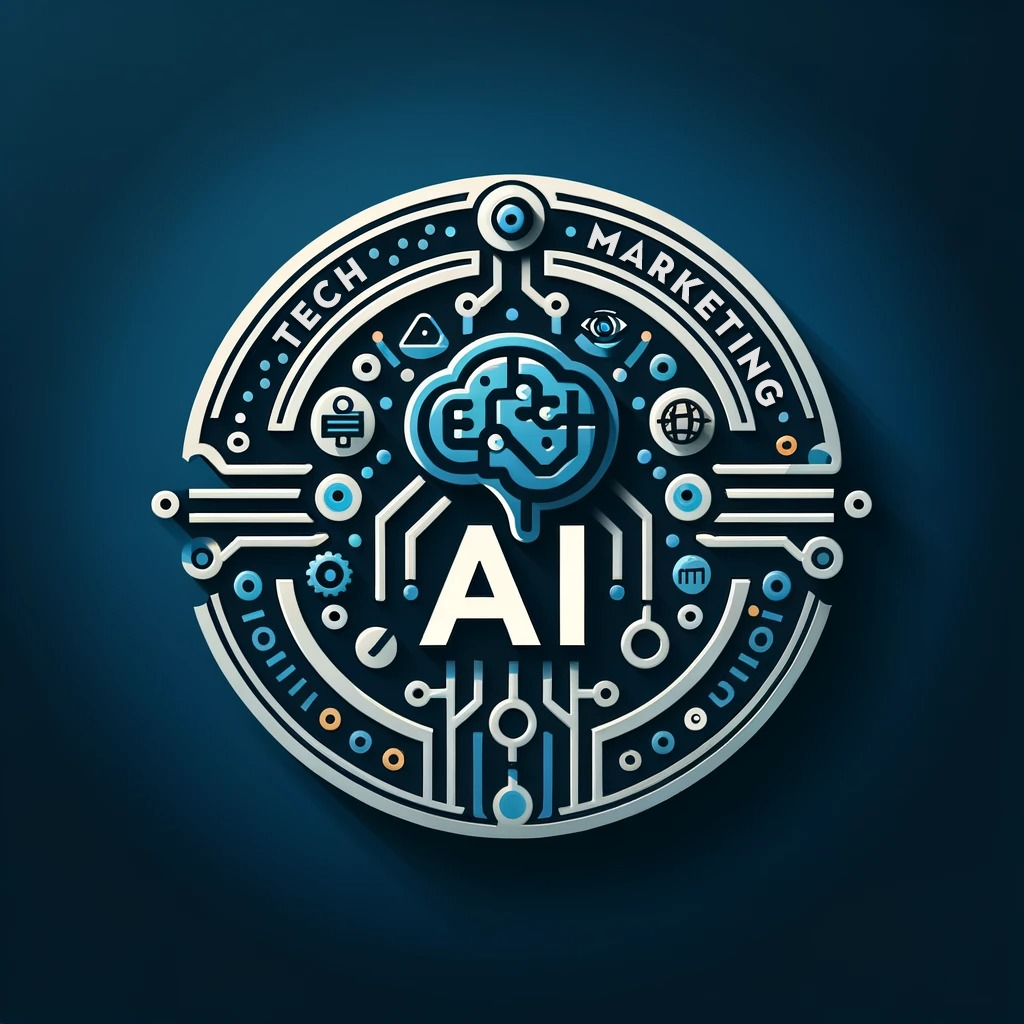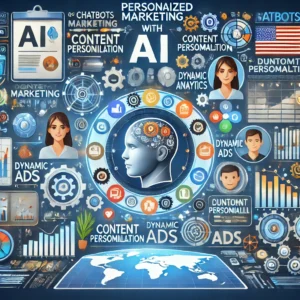In the digital marketing realm, email marketing stands as an evergreen strategy, pivotal for building relationships and driving customer engagement. Despite its longstanding presence, the advent of Artificial Intelligence (AI) has dramatically transformed how businesses approach email marketing, making it possible to create highly personalized campaigns at scale. This detailed exploration sheds light on the multifaceted role of AI in revolutionizing email marketing through audience segmentation, message personalization, and send-time optimization, propelling engagement to unprecedented levels.
The AI Revolution in Email Marketing
AI’s integration into email marketing isn’t just a trend; it’s a paradigm shift. The technology’s ability to process and analyze vast amounts of data at lightning speed enables marketers to understand their audience with a granularity that was previously unimaginable.
Elevating Audience Segmentation with AI
Effective email marketing starts with knowing your audience. AI elevates traditional segmentation by:
- Micro-Segmentation: Going beyond basic demographics to include behavioral and psychographic factors, allowing for incredibly targeted campaigns.
- Real-Time Segmentation: Dynamically updating audience segments based on real-time interactions and behaviors, keeping your marketing efforts highly relevant.
Deepening Personalization Through AI
Personalization is the cornerstone of successful email marketing. AI takes this to the next level by:
- Contextual Personalization: Understanding the context behind customer interactions allows AI to tailor emails based on the user’s current needs and stage in the customer journey.
- Content Optimization: AI’s ability to analyze which content performs best for various segments enables marketers to continuously refine their messaging for improved engagement.
Optimizing Send Times with AI
Timing can significantly impact the effectiveness of your email campaigns. AI optimizes this aspect by:
- Individualized Timing: Predicting the best send time for each recipient, thus maximizing open rates and conversions.
- Frequency Optimization: Determining the optimal frequency of emails for different segments to maintain engagement without overwhelming subscribers.
Leveraging AI for Creative Email Content
AI’s influence extends beyond segmentation and timing into the realm of content creation, making it possible to generate compelling and personalized content at scale.
- AI-Generated Subject Lines: Using AI to craft subject lines that resonate with different segments, significantly improving open rates.
- Interactive Emails: Incorporating AI-driven interactive elements like quizzes, polls, and sliders can increase engagement and provide valuable insights into customer preferences.
AI-Driven Insights for Strategic Decisions
The analytical power of AI provides marketers with deep insights, enabling strategic decisions that drive campaign success.
- Engagement Analysis: AI tools analyze engagement metrics across different segments to identify what works and what doesn’t, enabling data-driven adjustments.
- Predictive Customer Lifetime Value (CLV): AI models predict the CLV of subscribers, helping prioritize high-value segments for personalized engagement strategies.
Challenges and Ethical Considerations in AI-Powered Email Marketing
While AI presents vast opportunities for enhancing email marketing, it also introduces challenges and ethical considerations.
- Data Privacy and Security: Ensuring the ethical use of data and compliance with regulations like GDPR and CCPA is paramount.
- Avoiding Over-Personalization: Finding the balance between personalization and privacy to avoid alienating subscribers with overly personalized content that may feel invasive.

Implementing AI in Your Email Marketing Strategy
Adopting AI in email marketing requires a strategic approach to maximize its benefits while navigating potential challenges.
- Select AI-Enabled Marketing Platforms: Choose platforms that offer robust AI features for segmentation, personalization, and analytics.
- Train Your Team: Ensure your marketing team is knowledgeable about AI tools and techniques to leverage them effectively.
- Test and Learn: Adopt a culture of experimentation, using A/B testing to refine AI-driven strategies continuously.
The Future Landscape of AI in Email Marketing
As AI technology evolves, its role in email marketing will continue to grow, offering even more sophisticated tools for personalization, analysis, and engagement.
- Advanced Predictive Analytics: Future developments in AI will offer more precise predictions about customer behavior, enabling even more targeted marketing efforts.
- Seamless Integration Across Channels: AI will facilitate a more integrated marketing approach, enhancing the customer experience across all touchpoints.
Conclusion
The integration of AI into email marketing represents a significant leap forward in how businesses communicate with their customers. By harnessing the power of AI for audience segmentation, message personalization, and optimal timing, businesses can create email campaigns that are not only highly personalized but also scalable. The key lies in understanding the technology, embracing its capabilities, and applying it judiciously to engage customers in meaningful conversations. As AI technology continues to evolve, its potential to redefine email marketing strategies is limitless, promising a future where personalized, customer-centric communication is the norm, driving engagement and conversions like never before.
In embarking on this AI-powered journey, businesses must navigate ethical considerations, prioritize data privacy, and stay abreast of evolving regulations to foster trust and maintain a positive relationship with their audience. The future of email marketing, powered by AI, promises enhanced customer experiences through more personalized, timely, and relevant communications. As we lean into this future, the onus is on marketers to leverage AI responsibly, ensuring that it serves not just the business objectives but also respects and adds value to the customer’s experience.
The integration of AI into email marketing strategies offers a compelling advantage in the digital marketplace. By focusing on personalized content, optimized send times, and strategic segmentation, businesses can achieve a level of engagement and effectiveness previously unattainable. However, the key to success lies not just in the technology itself but in how it’s applied. A thoughtful, customer-centric approach, coupled with continuous learning and adaptation, will ensure that AI-driven email marketing campaigns achieve their full potential.
In conclusion, as we navigate the complexities and opportunities presented by AI in email marketing, the focus should always remain on creating meaningful connections with our audience. By doing so, businesses can unlock the full potential of their email marketing efforts, driving engagement, loyalty, and growth in an increasingly competitive digital landscape. The journey toward AI-enhanced email marketing is an exciting one, filled with possibilities for innovation and connection. As marketers, embracing this change and moving forward with intention, creativity, and a deep respect for our audience’s needs will set the stage for success in the years to come.




